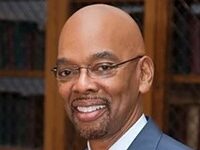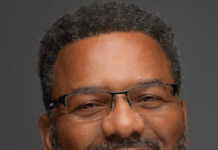 In 2001 Princeton University eliminated student loans in its financial aid packages. Under the plan, students from families with incomes below $60,000 had their full tuition and other costs covered by scholarship grants. In 2001, 38 percent of Princeton’s students received financial aid. Now, more than 60 percent of all Princeton students receive financial aid.
In 2001 Princeton University eliminated student loans in its financial aid packages. Under the plan, students from families with incomes below $60,000 had their full tuition and other costs covered by scholarship grants. In 2001, 38 percent of Princeton’s students received financial aid. Now, more than 60 percent of all Princeton students receive financial aid.
As a result of Princeton’s lead, many other high-ranking colleges and universities revamped their financial aid plans to make it easier for low-income students to enroll at the nation’s elite educational institutions.
But Princeton believes more can be done to increase opportunities for low-income students. The university has formed the Trustees Ad Hoc Committee on College Access to look at issues relating to university access. Financial aid and other factors such as counseling, inadequate academic preparation, and culturally constrained aspirations will be explored. The ad hoc committee will include faculty, alumni, students, staff, and trustees.
The committee will be chaired by Princeton University President Shirley Tilghman. Dr. Tilghman stated, “Students whose families are in the top 5 percent of the U.S. income scale remain significantly over-represented in our applicant pools, with a concomitant deficit of talented low-income students — a demographic profile that is shared with other selective colleges and universities.”
The latest U.S. Department of Education data shows that Blacks make up 7 percent of the student body at Princeton. The latest JBHE annual survey of Black students in first-year classes found that Blacks were 7.5 percent of the current entering class. Princeton ranked last in the Ivy League in Black first-year enrollments.












